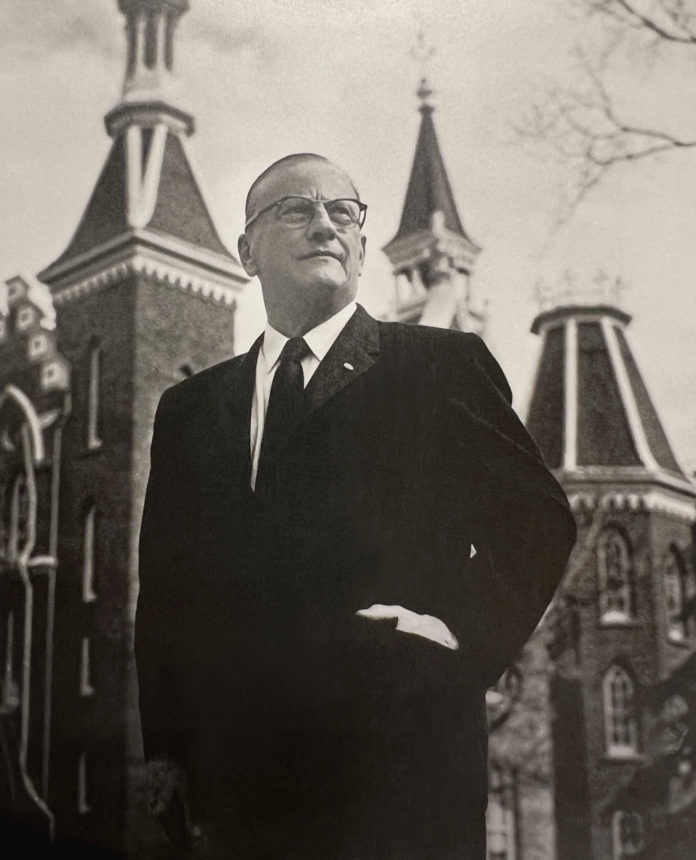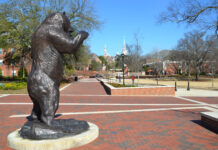
Dr. Rufus C. Harris left a lasting impact as a legal scholar, dedicated educator and committed leader. Here’s how he became a Mercer Legend.
Dr. Rufus C. Harris
Mercer connection: Mercer University graduate, dean of Mercer Law School and the University’s 16th president.
Years at Mercer: Class of 1917 graduate; law dean, 1923-1927; president and chancellor, 1960-1988.
What he did: Harris was born in Walton County, Georgia, and went on to earn his undergraduate degree at Mercer. After serving in the Army, he earned two law degrees at Yale University. He served as professor and dean of Mercer’s Law School from 1923-1927 before going to Tulane University, where he was the law school dean from 1927 to 1937 and president from 1937 to 1960. Harris returned to Mercer as president in 1960, serving in that role until he retired in 1979 and then as chancellor until his death in 1988 at age 91.
Harris held 15 honorary degrees from universities and was presented with Mercer’s Medal of Excellence. In 1969, he was appointed an officer in the Most Excellent Order of the British Empire by Queen Elizabeth II, which recognizes contributions to the arts and sciences, public service, and work with charitable organizations.
The School of Medicine’s Rufus C. Harris Endowed Chair in Rural Health and Health Disparities was established in his honor in 2011.
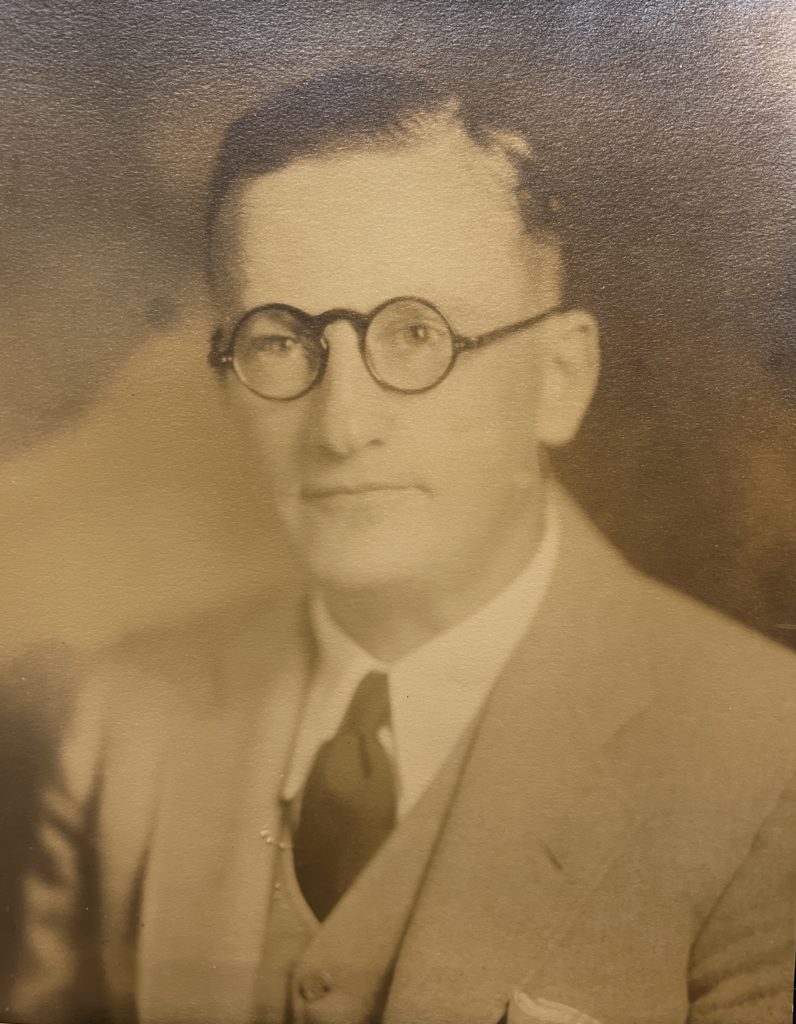
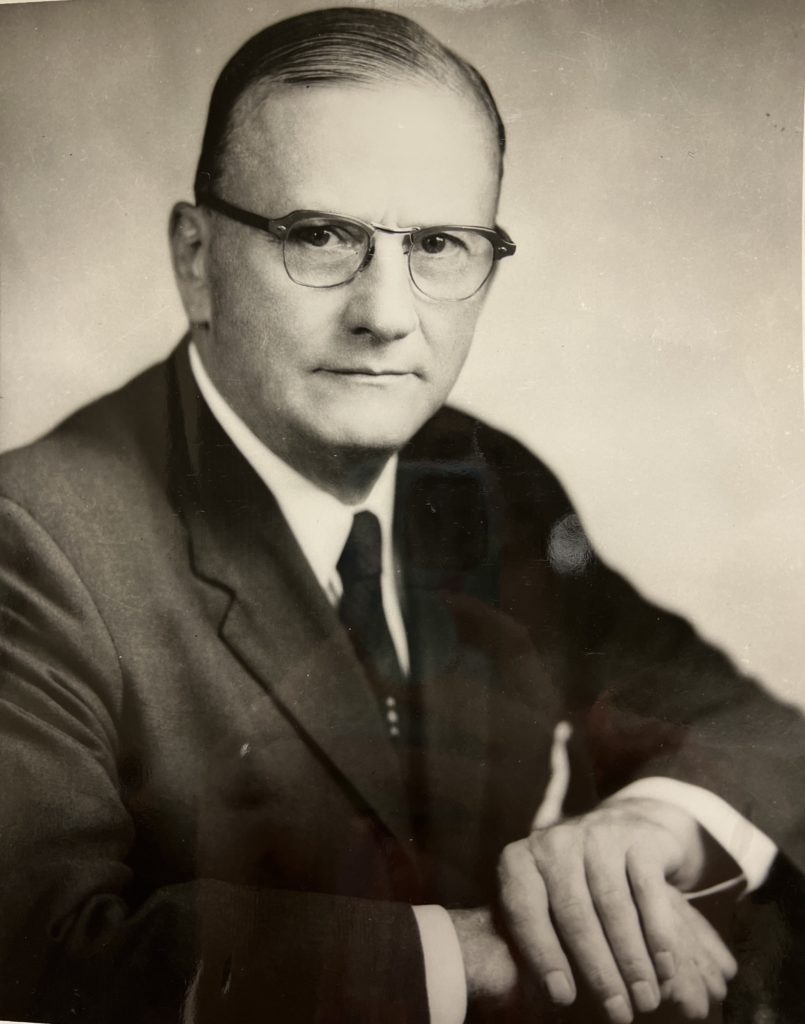
Why he’s a legend: Harris was a nationally known legal scholar whose accomplishments included co-authoring the G.I. Bill, which provided benefits for veterans returning from World War II.
His Mercer presidency was defined by growth and progress. During his tenure, Stetson Library and Willet Science Center were constructed; Atlanta Baptist College merged into Mercer in 1972; the law school moved from the main campus to Coleman Hill in 1978; and the groundwork was laid to establish Mercer School of Medicine.
Under Harris’ leadership, Mercer integrated the student body and became one of the few private colleges in the South to admit students without regard to race prior to the 1964 Civil Rights Act. He worked to put Mercer on the map as a superior liberal arts college with high standards; fought for better pay for faculty; raised the criteria for admissions; and made repairs to classroom buildings and facilities a priority.
Quotable: “I sometimes told Dr. Harris that he was the last of kings in higher education. I believe it is true. I told him that during his years, he (did) not administer a university, he reigned over them. His leadership was noble, and his posture was Olympian. He returned to an institution that had nurtured him in his own learning and teaching, and he had the high honor of guiding the institution that had shaped him a generation before.” – Chancellor Dr. R. Kirby Godsey, who followed Dr. Harris as Mercer’s 17th president, said during the memorial service for Dr. Harris in 1988
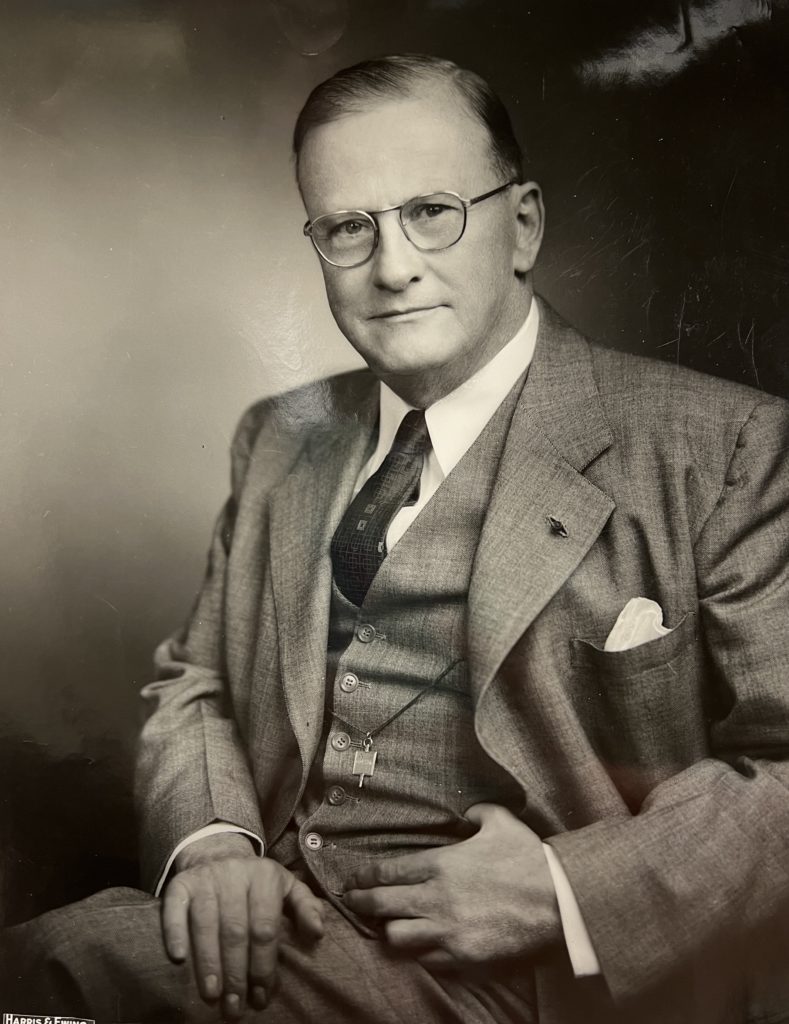
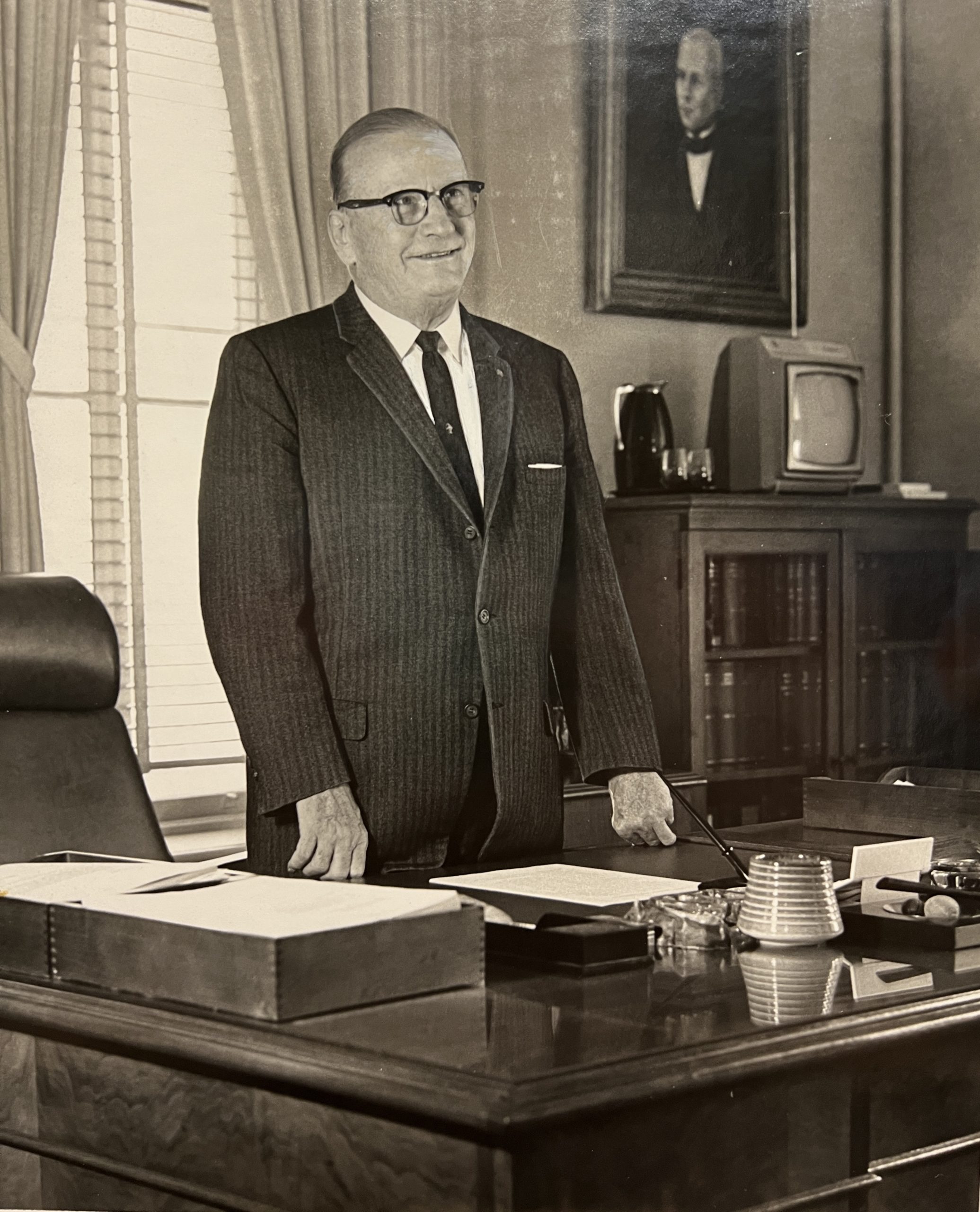
Mercer Legends is a series that highlights iconic figures who left a lasting impact on the University and its faculty, staff and students, as well as the community.

